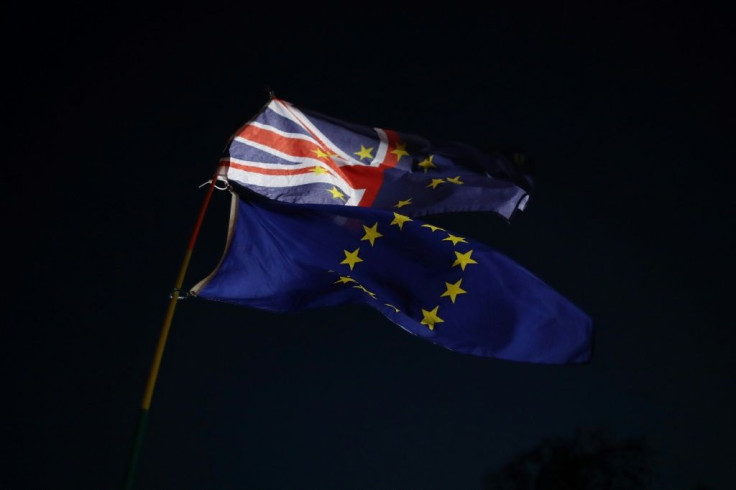Britain, EU Need New Brexit Draft In Week To Avoid Delay Or Chaos

UK Britain and Europe will have to agree a draft text next week if they are to sign an accord to avoid a chaotic no-deal divorce or another Brexit delay before this month's deadline, diplomats warn.
European officials insist the deadline of next Friday is not an ultimatum to Prime Minister Boris Johnson's government but a simple fact of Brussels' diplomatic calendar.
British and EU negotiators will need a jointly-agreed legal text by then to show to EU capitals ahead of the October 17-18 European Council summit.
Most European diplomats are sceptical that such a detailed deal can be drawn up in time, despite intense ongoing technical discussions with the British side.
If the deadline is not met, Johnson will either have to request a Brexit extension or see Britain quit the bloc without a deal on October 31.
An official at the European Council, which represents member states, confirmed its administrative chief warned EU ambassadors about the Friday cut-off.
"The secretary general did not impose an ultimatum but noted that we need clarity before the end of next week if the European Council is to succeed," the official said.
A senior European official also confirmed the timeline to AFP, adding that the draft legal text must be agreed between the UK side and EU negotiator Michel Barnier's team.
Tight timeframe
This seems a tall order, especially since European officials refuse to characterise the ongoing talks as "negotiations" at all, describing them as a technical dialogue.
"There has not been enough progress to begin a negotiation," a European Commission official said.
Britain's timeframe may be even tighter than the next Friday deadline would suggest.
"Everything must move very quickly and any negotiation has to start at the beginning of next week," one diplomat told AFP. "We will evaluate next Friday whether it's been possible to bring the positions closer."
Barnier's team on Friday met Johnson's diplomatic "sherpa" David Frost in Brussels for talks that wrapped up later in the day.
"We gave our initial reaction to the UK's proposals and asked many questions on the legal text," an EU spokeswoman said.
She added that talks would next resume on Monday "to give the UK another opportunity to present its proposals in detail".
A UK spokesman said: "We have made a significant offer this week. Our proposals represent a fair and reasonable compromise. We want a deal and talks continue on Monday on the basis of our offer."
He insisted that "everybody must understand however that there is no path to a deal without replacing the backstop. If the EU also want a deal they must recognise this and work with us at pace to agree a new deal".
The British proposal outlines measures to ease trade on the Irish border but with Great Britain and its Northern Ireland territory leaving the EU customs union.
That means removing the so-called "Irish backstop" which under a previous rejected withdrawal agreement would have seen the UK remain in the customs bloc, a measure outright rejected by Johnson.
'Serious issues outstanding'
Brussels and Dublin are deeply sceptical of London's plan, and senior European officials and diplomats warned that profound disagreements remain over Johnson's backstop alternatives.
In particular, they are not prepared to sign a deal that would require Britain to invent and deploy technological means to monitor border trade without customs posts during a subsequent transition period.
And they oppose giving the currently suspended North Ireland provincial assembly a vote every four years on whether to remain in the post-Brexit customs arrangements.
Johnson describes the plan as a broad "landing zone" and a spur to further talks.
If Johnson fails to reach a deal by October 19, he must ask Brussels to delay Brexit under a law passed by British MPs to try to prevent a "no-deal" divorce.
Johnson has said he will both respect the law and take Britain out by the deadline -- a contradiction that has prompted speculation the government may have spotted some way out.
© Copyright AFP 2024. All rights reserved.





















